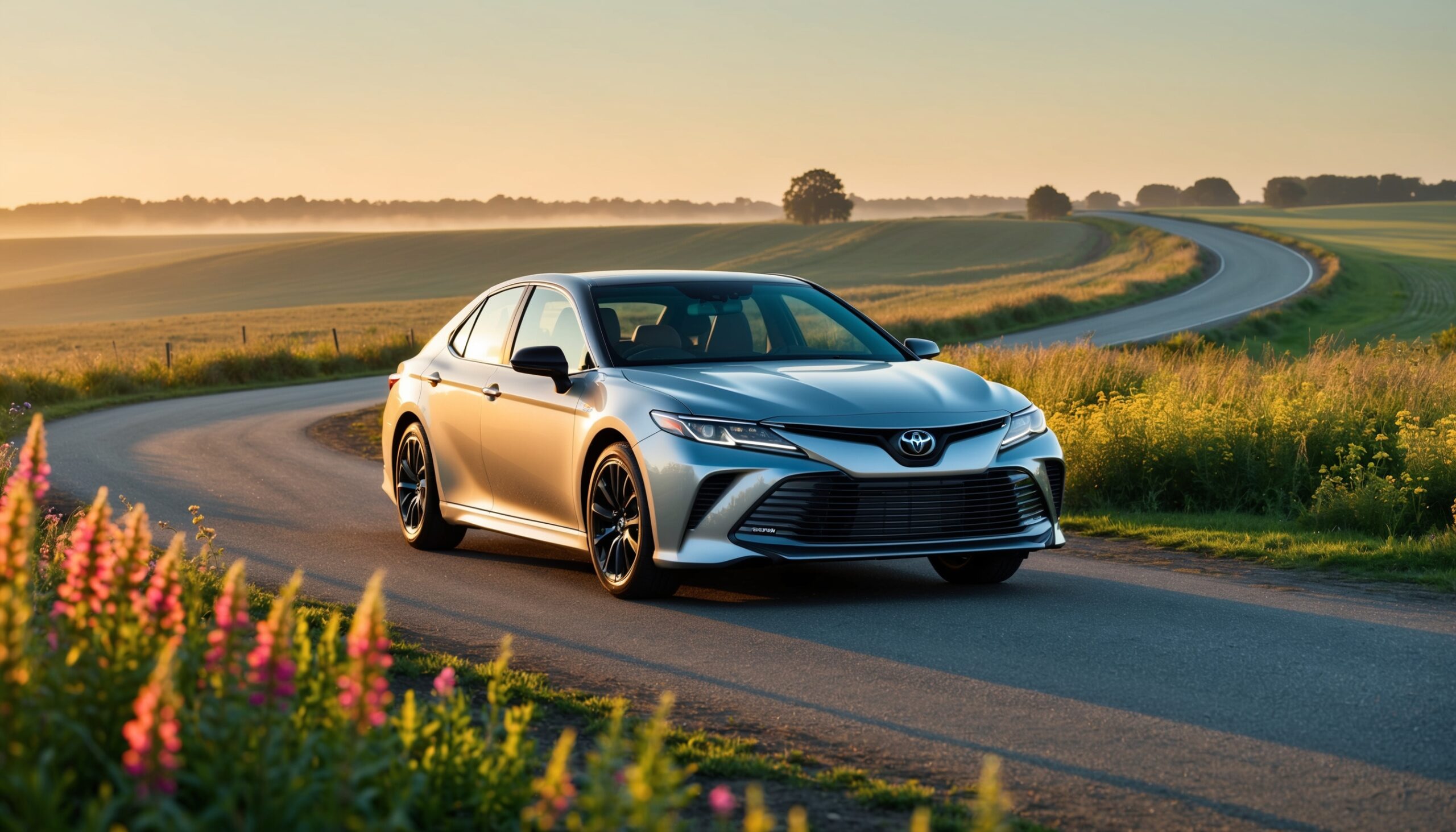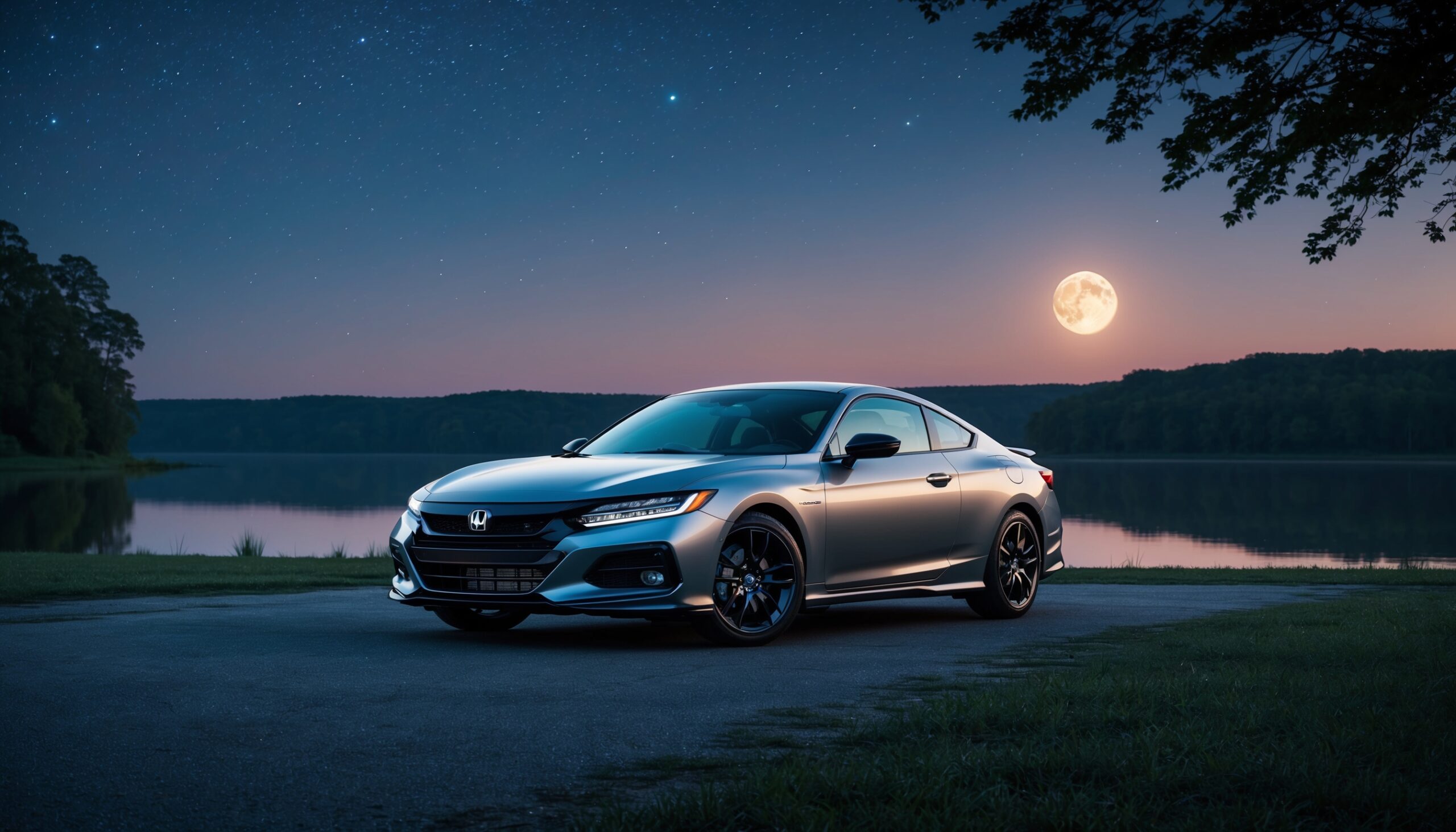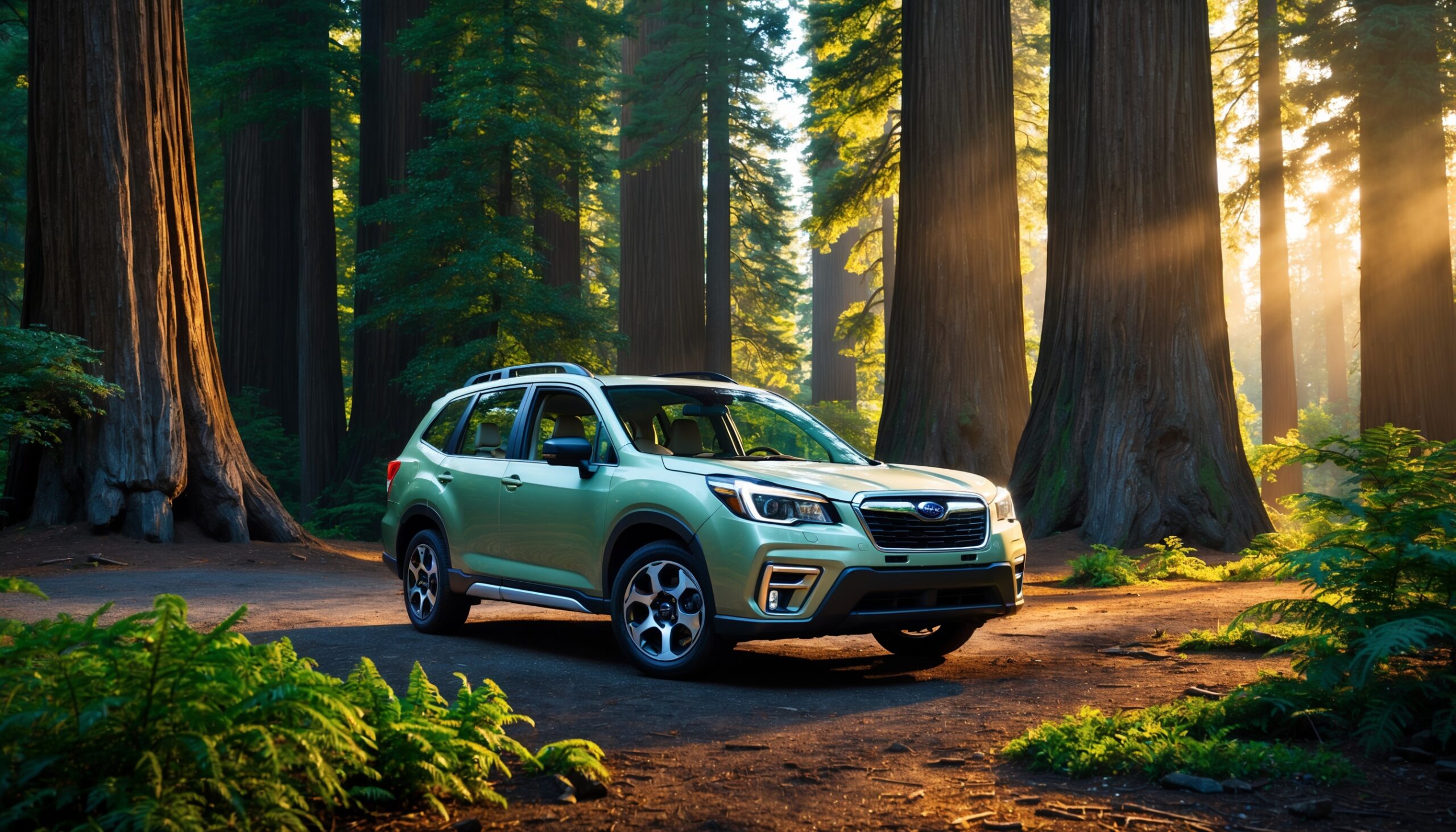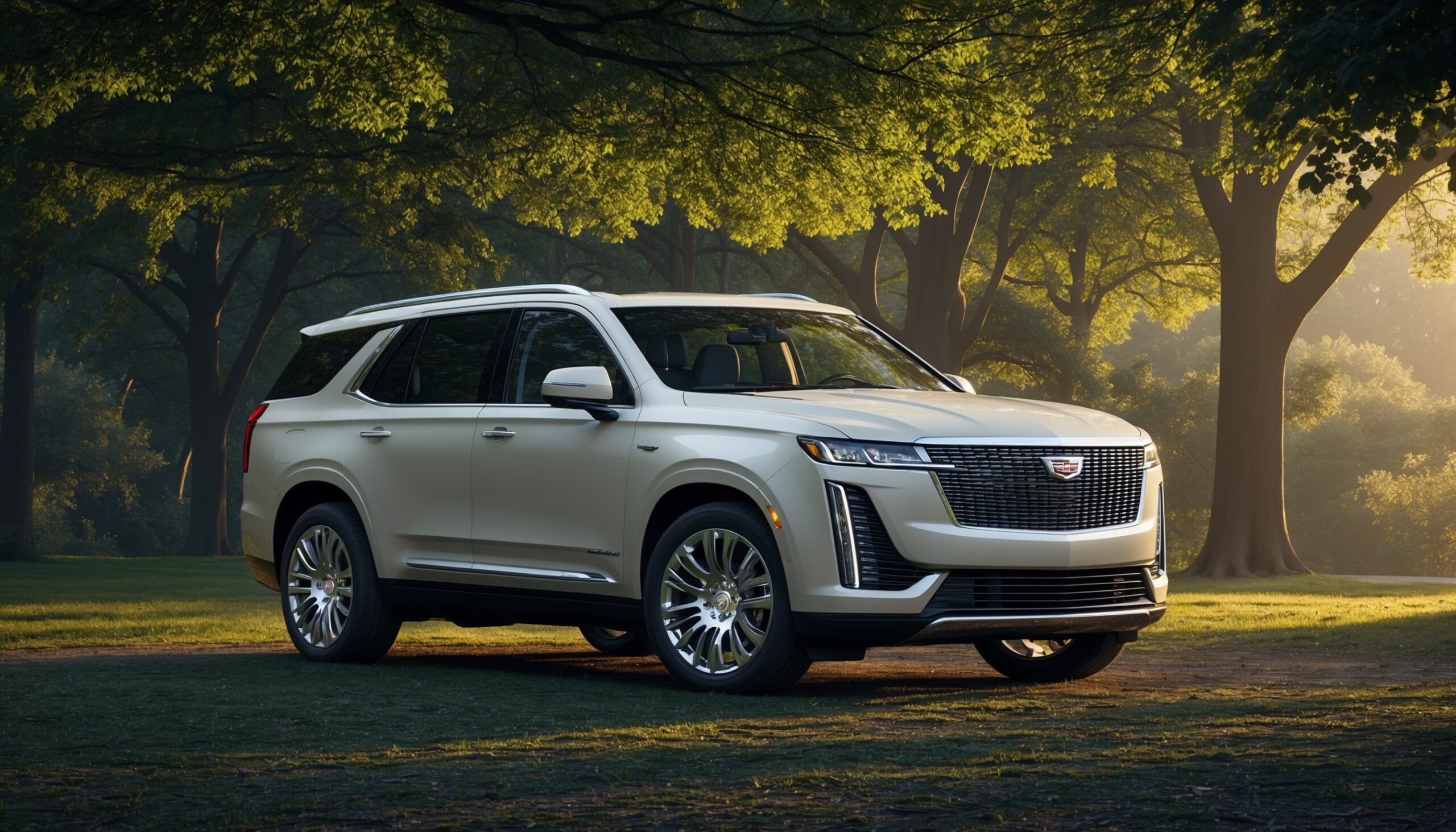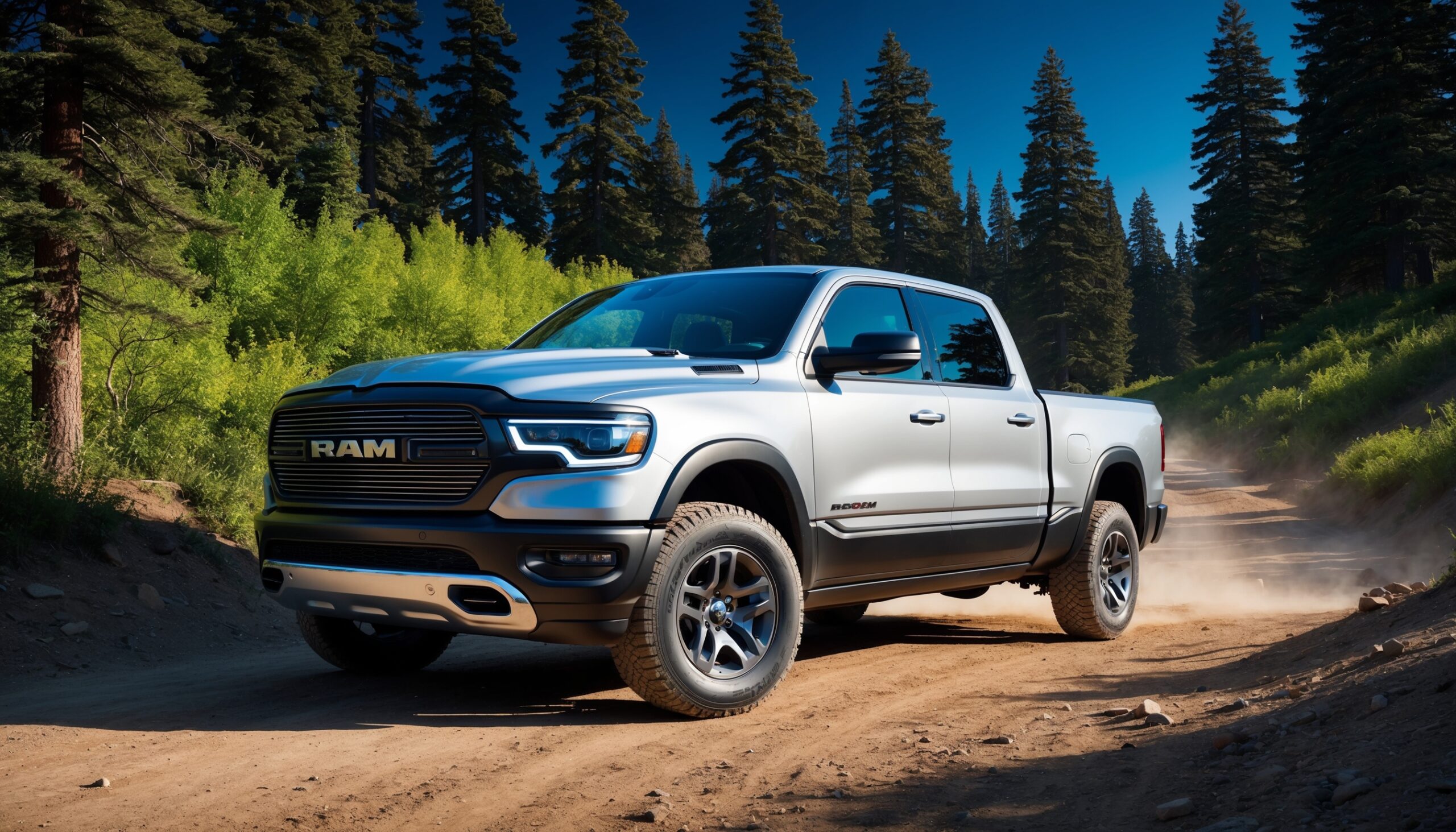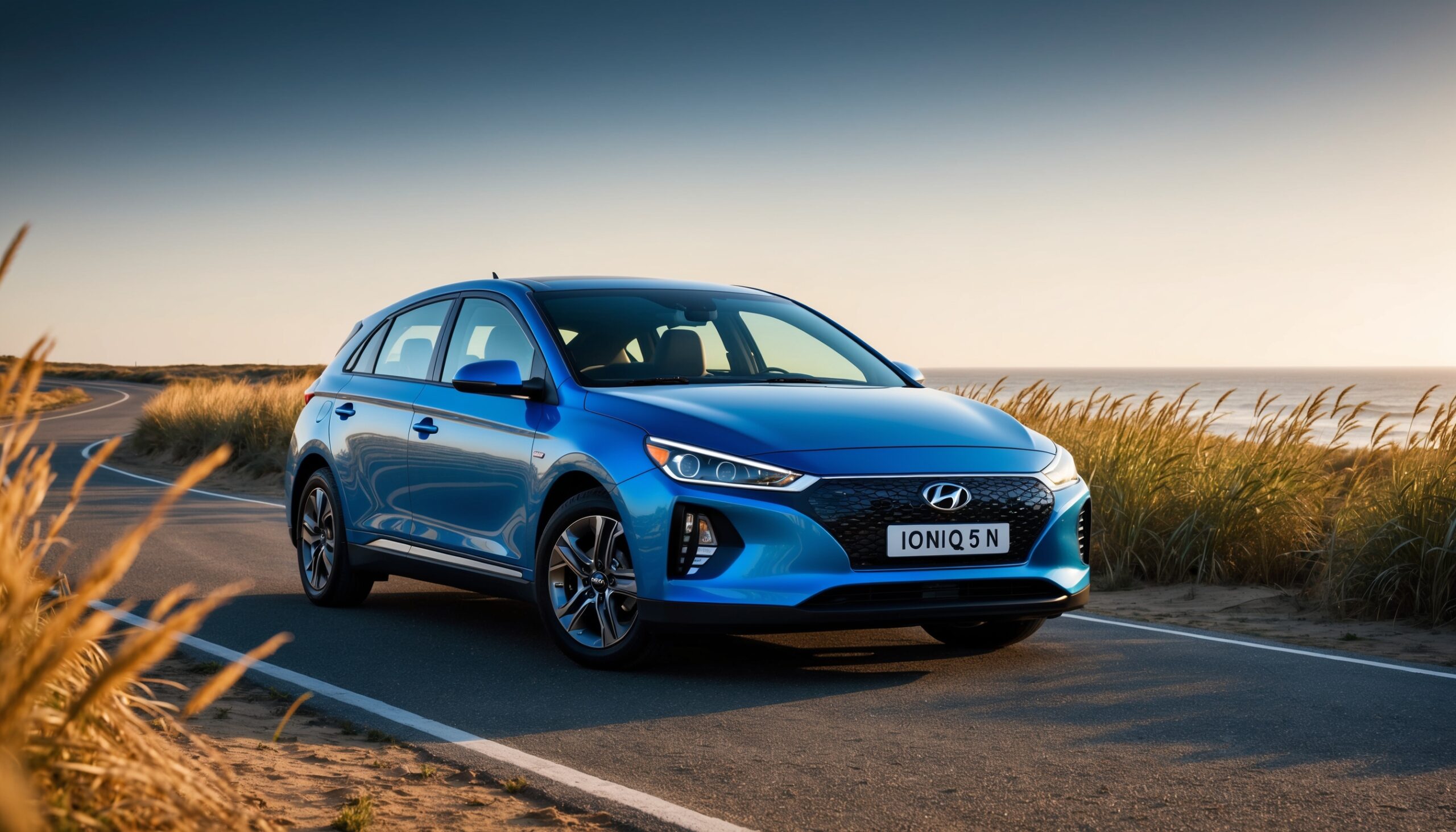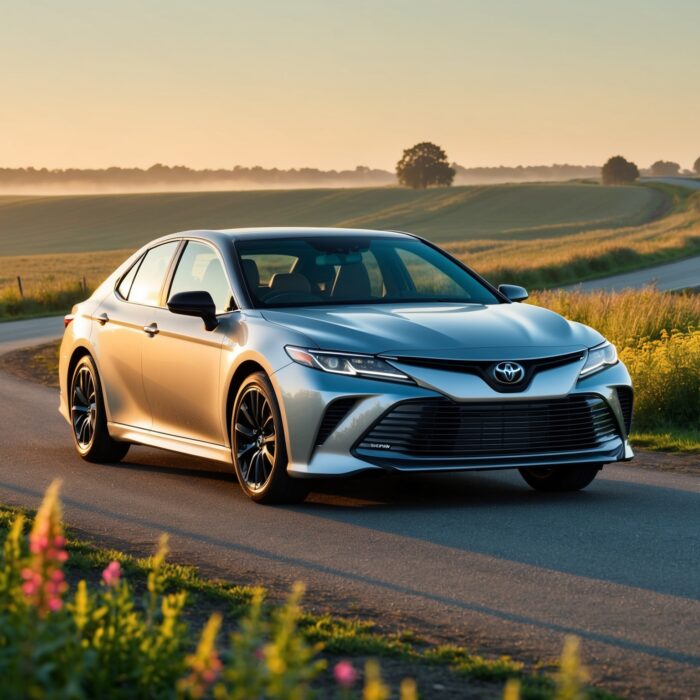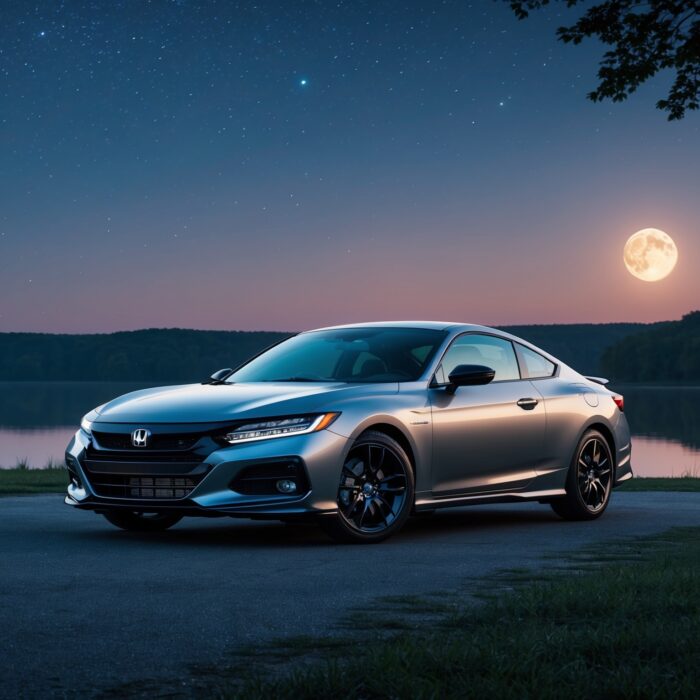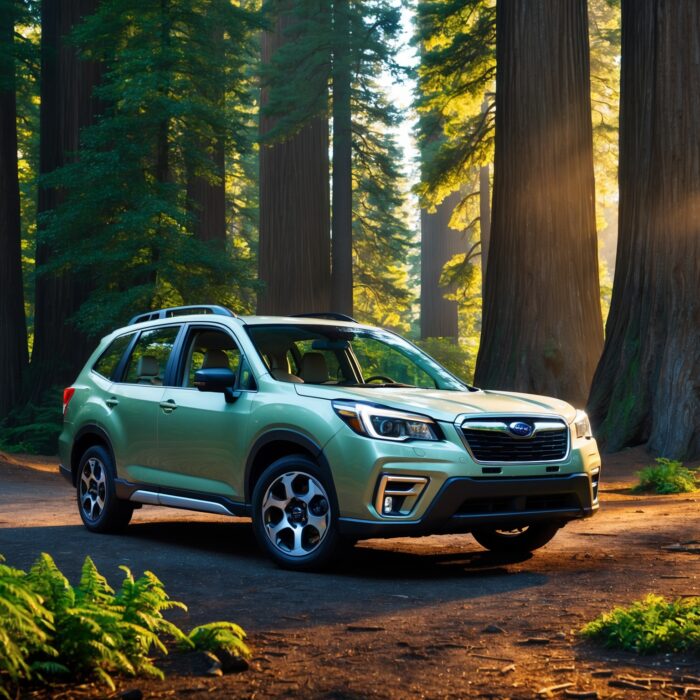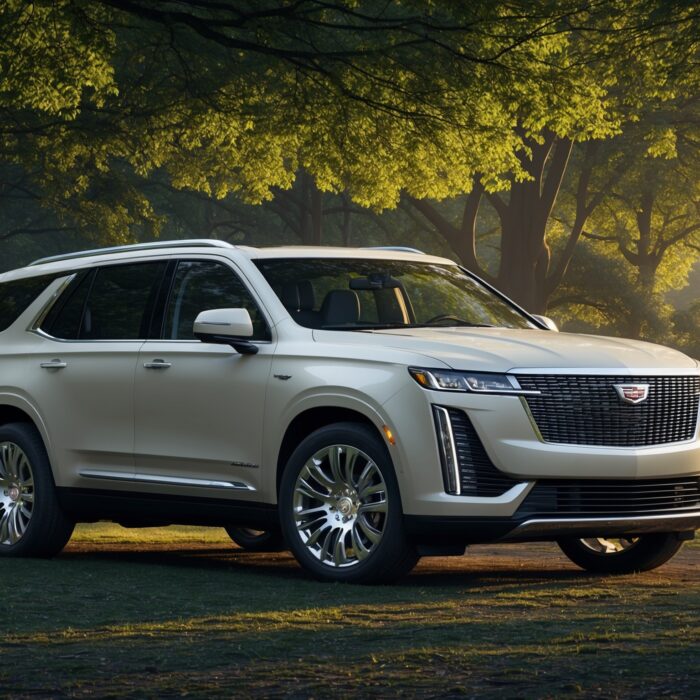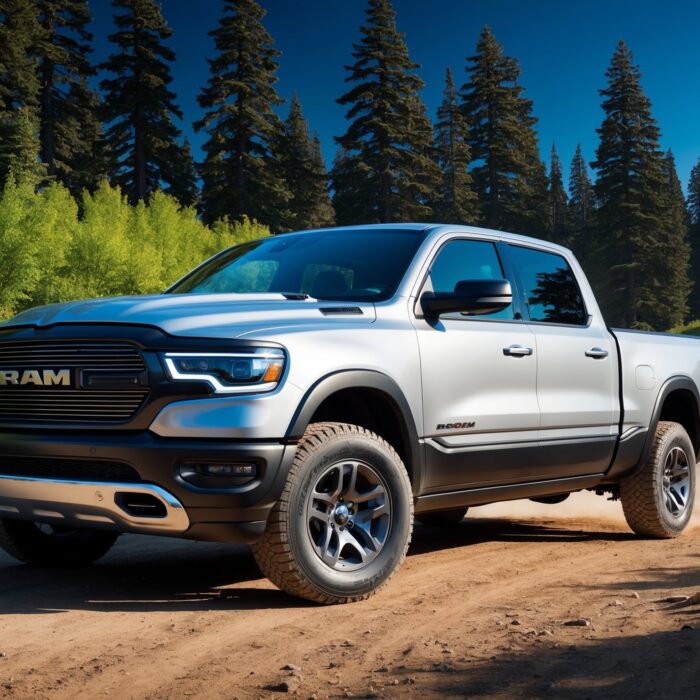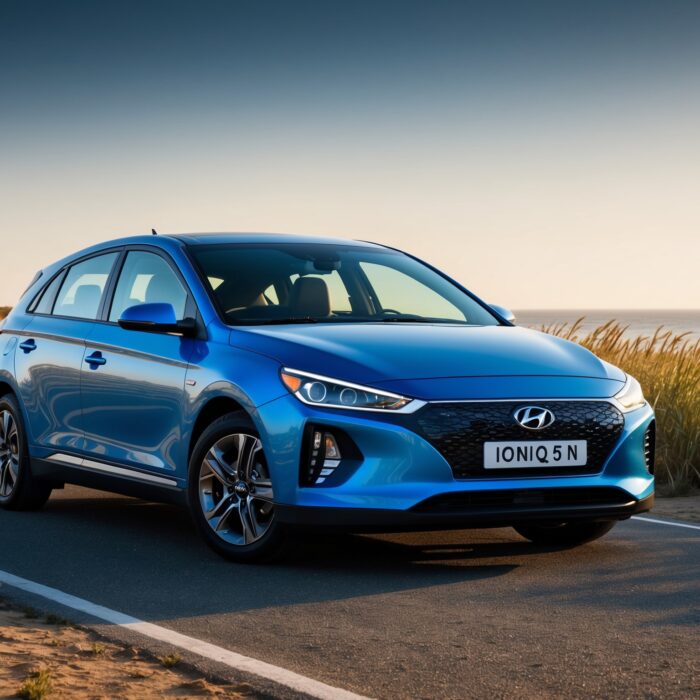Toyota’s Vision for the Future of Mobility
Toyota has long been at the forefront of automotive innovation, and their latest announcement is a testament to their commitment to sustainable mobility. The Japanese automotive giant has unveiled plans to launch an all-new hydrogen-powered SUV, slated for release in 2026. This vehicle marks a significant step forward in Toyota’s ongoing efforts to reduce carbon emissions and promote green technology in the automotive industry.
What is Hydrogen Power?
Before diving into the specifics of the new SUV, it’s essential to understand what hydrogen power entails. Hydrogen fuel cells generate electricity through a chemical reaction between hydrogen and oxygen, producing only water vapor as a byproduct. This process offers a clean alternative to traditional fossil fuels and electric vehicles, which rely on batteries that can have significant environmental impacts.
The Rise of Hydrogen Vehicles
As global concerns about climate change and air quality intensify, the automotive industry is exploring various alternative fuel sources. Hydrogen vehicles have gained traction due to their potential for zero emissions and fast refueling times. Leading the charge, Toyota has been a pioneer in hydrogen technology with the Mirai, their flagship hydrogen fuel cell sedan.
Design and Features of the New SUV
While detailed specifications have yet to be fully revealed, Toyota has shared that the new hydrogen-powered SUV will feature a bold and innovative design. Here are some anticipated features:
- Sleek Aerodynamics: The design aims to enhance fuel efficiency and reduce drag.
- Spacious Interior: Designed for families and adventure-seekers alike, with ample cargo space.
- Advanced Technology: Integration of Toyota’s latest infotainment systems and driver-assistance technologies.
- Hydrogen Fuel Cell Efficiency: Expected improvements in fuel cell technology for greater range and performance.
Performance Expectations
Car enthusiasts are always eager to know how a vehicle performs, and Toyota’s new hydrogen SUV promises to deliver impressive specs. With advancements in hydrogen fuel cell technology, we can expect:
- Extended Range: Estimates suggest a range comparable to traditional gasoline vehicles.
- Quick Refueling: Refueling times are expected to be around five minutes, similar to conventional fuel pumps.
- Powerful Acceleration: The SUV will likely boast impressive torque and power, enhancing the driving experience.
The Market Impact of Hydrogen Vehicles
Hydrogen vehicles represent a small but growing segment of the automotive market. As more manufacturers pivot towards electrification, the introduction of hydrogen-powered models could significantly shift consumer perceptions and preferences. The success of Toyota’s new SUV may encourage other automakers to invest in hydrogen technology.
Challenges Ahead
Despite the promising future of hydrogen vehicles, several challenges need addressing:
- Infrastructure Development: A widespread hydrogen refueling infrastructure is critical for the success of hydrogen-powered vehicles.
- Cost of Production: Currently, hydrogen production can be expensive, impacting vehicle pricing.
- Public Perception: Overcoming skepticism about hydrogen safety and efficiency is essential for market acceptance.
Toyota’s Commitment to Sustainability

Toyota has set ambitious sustainability goals, aiming to achieve carbon neutrality by 2050. The introduction of a hydrogen-powered SUV aligns with this vision, as it diversifies the company’s portfolio of eco-friendly vehicles. This commitment is not just about compliance but about leading the charge towards a more sustainable future.
The Role of Torque Feed in Automotive Enthusiasm
At Torque Feed, we celebrate innovations in the automotive sector, and Toyota’s hydrogen-powered SUV is a development worth following. With the automotive world evolving rapidly, staying informed about new technologies and trends is crucial for enthusiasts and casual readers alike. The advancements in hydrogen technology are not just a fleeting trend but a glimpse into the future of mobility.
Comparing Hydrogen and Electric Vehicles
As the automotive landscape evolves, the debate between hydrogen fuel cell vehicles and battery electric vehicles (BEVs) continues to gain traction. Both technologies offer unique advantages:
Also Read: Volkswagen Reveals Plans for Affordable $25,000 Electric Hatchback
- Hydrogen Vehicles: Quick refueling times and longer range potential.
- Electric Vehicles: Lower operating costs and growing charging infrastructure.
Understanding the strengths and weaknesses of both technologies is essential for consumers making informed decisions.
The Future of Hydrogen Technology
As we look forward to the launch of Toyota’s hydrogen-powered SUV, it’s essential to consider the broader implications of hydrogen technology. The potential for hydrogen extends beyond personal vehicles, with applications in public transportation, commercial fleets, and even shipping. The versatility of hydrogen as a fuel source could reshape various sectors, promoting greener practices across the board.
Community Feedback and Expectations
The automotive community is rife with excitement and curiosity surrounding Toyota’s new SUV. Many enthusiasts are eager to see how this vehicle will perform compared to its competitors. Social media platforms and automotive forums have seen lively discussions about potential features, performance specs, and how this SUV fits into Toyota’s overall strategy.
What Enthusiasts Are Saying
Feedback from the community has been largely positive, with many praising Toyota’s commitment to innovation. Some key points of discussion include:
Also Read: Global Chip Shortage Eases, Boosting Vehicle Production in 2025
- Design Aesthetics: Enthusiasts are excited to see how the SUV’s design will differ from traditional models.
- Performance Specs: Many are curious about the horsepower and torque figures that will accompany the new model.
- Environmental Impact: The potential for a zero-emission vehicle is a significant talking point among eco-conscious consumers.
Conclusion: A Step Towards a Greener Future
The announcement of Toyota’s all-new hydrogen-powered SUV for 2026 represents a significant milestone in the automotive industry. As car enthusiasts, we must keep an eye on how this vehicle develops and how it influences the market. With Toyota leading the way, the future of mobility looks promising. At Torque Feed, we are committed to bringing you the latest updates and insights into the automotive world, celebrating innovations that pave the way for a sustainable future.

